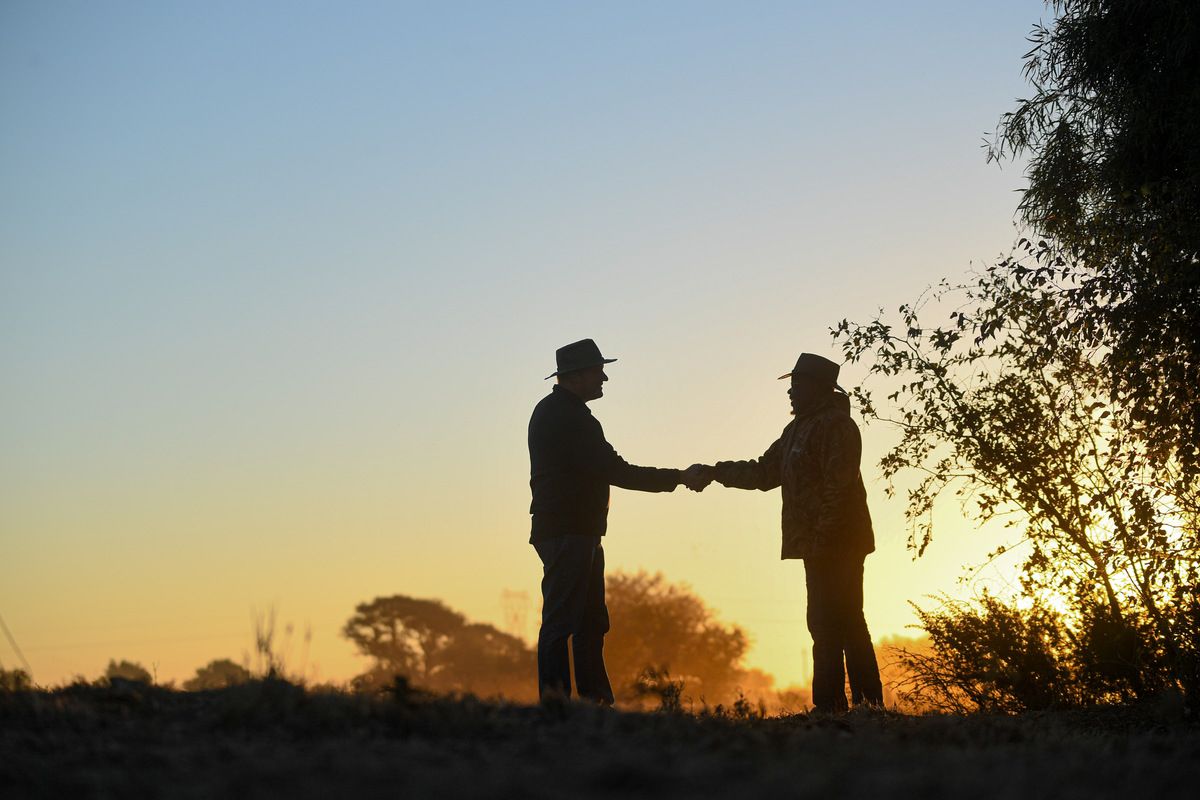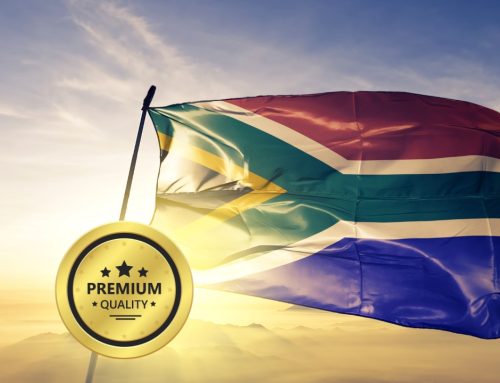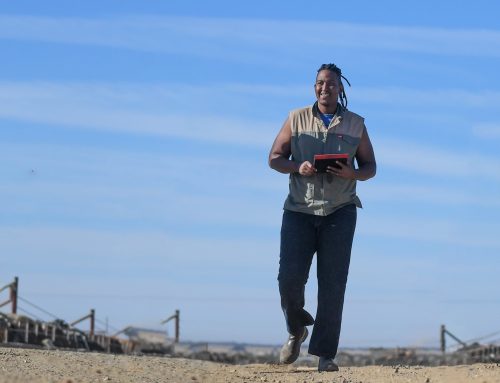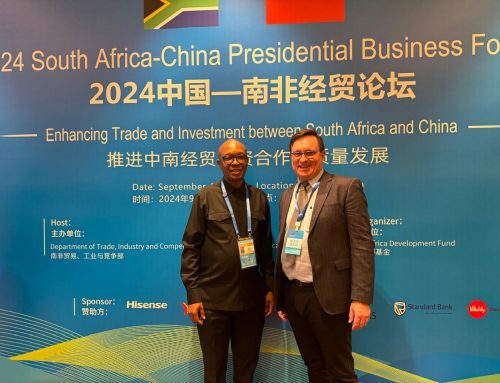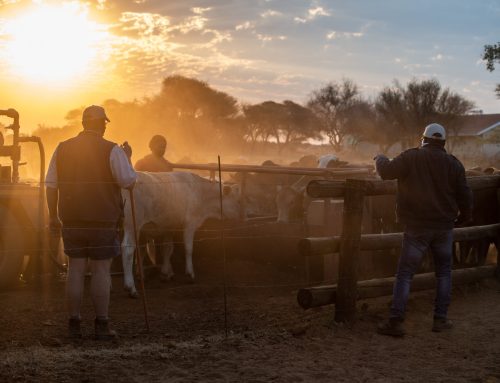Disaster relief brings hope to agricultural communities in 2021
December 2021: Many of the country’s agricultural communities across most of South Africa are struggling to rebuild after experiencing debilitating disasters in 2021, including wide-scale fires as well as years of persistent drought.
In extreme cases, some towns like Carnarvon and Williston in the Northern Cape have not seen rain in the last 10 years, while other communities have experienced total losses of crops, animals and livelihoods as a result of widescale fire damage in 2021.
“Imagine a ten-year old child growing up and never having seen the rain; this is not something I thought I would see in my lifetime, but yet it is a reality for some,” remarks Roelie van Reenen, supply chain executive of Beefmaster Group.
The Group, a key player in South Africa’s beef trade, is based in the agricultural areas of Kimberley and Christiana and works with farmers and other players in the agricultural sector across Southern Africa.
“We support and rely on local cattle farmers from across Southern Africa to supply us with cattle. Through these partnerships, we have witnessed the harsh impact of events like severe drought and fire devastation,” says van Reenen.
He adds that given the impact of changing weather patterns, it is likely that South Africa will experience further damages across its agricultural communities in the future. Yet farming and agribusiness play a crucial role in sustaining the economies of small towns and rural areas.
“It is therefore critical that we take action now to strengthen the resilience in our small and rural communities, and do what we can to firstly, limit the impact of such disasters, and help when such events happen.”
This year Beefmaster Group worked with communities in need and organisations that provide relief to small communities struggling with the impact of fire or drought damage. The Group donated 318 tons of animal feed to relief organisations like Prieska Droogtehulp and farmer organisations in Bloemhof and Christiana, amongst others, to assist during disasters. To put that into perspective, that is about 318 Volkswagen Beetles; or 42 school busses in weight.
“We donated a substantial amount of fodder to Prieska Droogtehulp, and in addition, a feedlick, which is a high protein feed block, benefitting multiple animals at once,” says van Reenen, adding that during 2021, Beefmaster Group allocated 25% of its Corporate Social Investment (CSI) spend for the year to the organisation to continue to support its drought relief efforts.
In Prieska livestock farmers in particular are taking strain. Herd sizes have been depleted and, in some cases, farmers have had to close shop as they watch their animals starve to death.
Beefmaster Group also supports organisations that work tirelessly and without much thanks to save the vulnerable and voiceless during times of need, such as the National Council of SPCAs (NSPCA), who save and treat wild animals who suffer during disasters.
Earlier this year Christiana and surrounds experienced devastating fires, with surrounding communities having lost everything. The Beefmaster Feedlot escaped slightly scathed, a fortunate fact that van Reenen puts down to a mixture of luck, planning, and effective crisis response.
“We live in a country that requires us to be mindful of our current situation and we should remember that some neighbours are not as fortunate,” says van Reenen.
He says that no community in the agricultural sector can function on its own, which means helping those that are in need is a moral duty, given that everyone is part of the same community.
What comes to mind is an adaption of the old adage, a rising tide lifts all boats, in that everybody benefits through the good acts of others.
“We urge others to support our agricultural communities, as if the farmer suffers, the rest of the community and other businesses suffer too. By supporting each other, we can ensure that the agricultural sector remains profitable, a stable source of revenue, continues to provide job security, and ultimately sustain the livelihoods of many,” concludes van Reenen.

